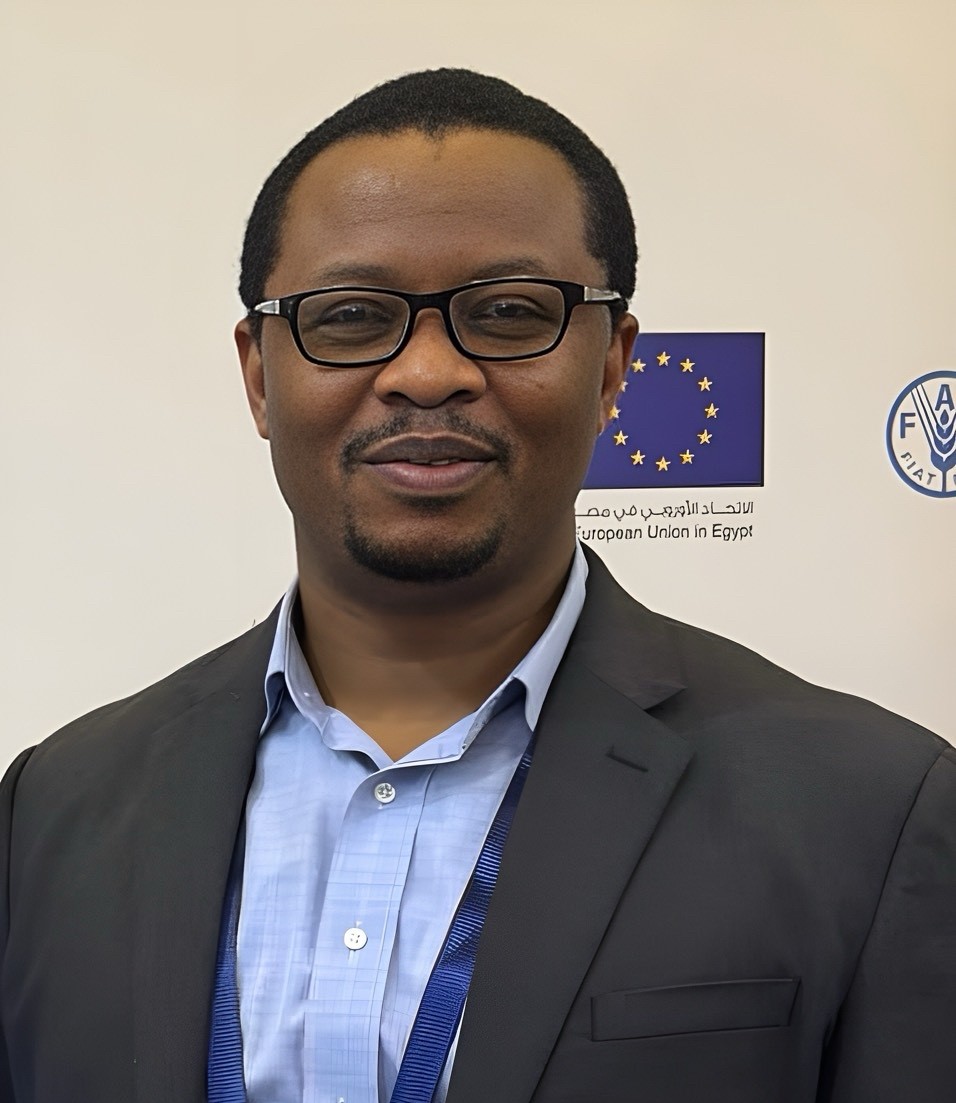Nigeria’s Obinna Richfield-Anah, recently crowned CILIP’s Knowledge Manager of the Year 2024, has shared his remarkable story. The Knowledge Manager of the Year award is for an individual who has made a significant contribution to the discipline of KM through their work and professionalism. Speaking with warmth and passion, he recounted how a journey defined by unexpected twists, unwavering determination, and a visionary approach propelled him to the forefront of knowledge management across Africa.
Early Beginnings: A Destiny in Library Science
Obinna’s passion for knowledge management traces its roots back to his childhood in Nigeria, where an unexpected appointment as a library prefect planted the seeds of his future career.
“I wasn’t even supposed to be the library prefect,” Obinna recalls, laughing. “I was in primary five, not primary six, but I was chosen anyway. For two years, I held that role, and the school even decided not to replace me until I graduated.”
Years later, this early brush with library science seemed like a distant memory. Obinna first pursued laboratory science and aimed for a career in electrical electronics engineering. Yet, after a series of twists, he found himself studying Library and Information Science at the University of Maiduguri.
“It wasn’t until after I graduated that I remembered my time as a library prefect,” he says. “It felt like destiny was steering me all along.”
The Road to Knowledge Management
Obinna’s entry into knowledge management came through a chance encounter with an EU-funded rural water project. His role? To produce newsletters highlighting the project’s community impact. At first, it seemed like a simple communications job. But as he compiled case studies, best practices, and lessons learned from the field, he discovered a deeper purpose.
“I didn’t even know those terms—‘case study,’ ‘lessons learned,’—at the time,” Obinna admits. “But the work resonated with me. It showed me how vital it is to capture and share knowledge for meaningful change.”
This project not only sharpened his skills but also opened doors. Recognising his talent, a team leader predicted his future success as an information officer in a major organisation. That encouragement became a guiding force for Obinna, pushing him to excel and embrace opportunities in knowledge management.
Building Expertise Across Sectors
Obinna’s career trajectory showcases a remarkable ability to pioneer new initiatives. From setting up Nigeria’s first indigenous online platform for water and sanitation practitioners to designing AMCOW’s Knowledge Hub—a one-stop platform for water and sanitation knowledge across Africa—Obinna has consistently demonstrated his knack for innovation.
At AMCOW (African Ministers’ Council on Water), his work has had a transformative impact. Faced with a disorganised trove of documents, he spearheaded efforts to digitise, classify, and consolidate 1,700 volumes of knowledge materials. The result? The establishment of the Dr. Rishihu Shagari Resource Centre, a vital repository for water and sanitation information.
Obinna also led the creation of AMCOW’s Knowledge Hub, an online library offering access to policy briefs, case studies, and reports. By integrating APIs and working with national libraries, he’s ensuring seamless access to water and sanitation knowledge across the continent.
Storytelling: The Heart of Knowledge Management
For Obinna, storytelling is the cornerstone of knowledge management.
“Storytelling makes knowledge relatable,” he says. “People may not read a lengthy report, but they’ll engage with a compelling story. That’s why I always frame knowledge-sharing as narratives—it makes it accessible and memorable.”
Whether documenting the history of the Africa Water Week Conference or creating case studies on water resource management, Obinna ensures that knowledge is not just stored but shared in ways that inspire action.
Tackling Africa’s Water Challenges
Obinna’s work is deeply tied to addressing Africa’s pressing water and sanitation issues. From transboundary water management to combating groundwater depletion, he emphasises the critical role of knowledge in solving these challenges.
“Water is life, but ensuring access to safe water is incredibly complex,” Obinna explains. “It involves technology, policy, and community collaboration. Knowledge management bridges these gaps by bringing insights to the right people at the right time.”
Through initiatives like the Africa Water Week and AfricaSan Conference, Obinna has helped amplify solutions, foster collaboration, and shape policies that address water scarcity and sanitation across the continent.
A Vision for the Future
Looking ahead, Obinna remains committed to advancing knowledge management in Africa and beyond. His efforts continue to inspire organisations to embrace innovative approaches, from digitising knowledge repositories to leveraging storytelling as a tool for change.
As the interview concluded, Obinna left us with a powerful reflection:
“Knowledge management is like eating fresh food every day. It’s constantly evolving, always offering something new. For me, it’s not just a profession—it’s a calling to make the world a better, more informed place.”
Obinna Richfield-Anah’s journey is a testament to the transformative power of knowledge. From humble beginnings to international recognition, his story is an inspiration to all who seek to harness information for the greater good.

